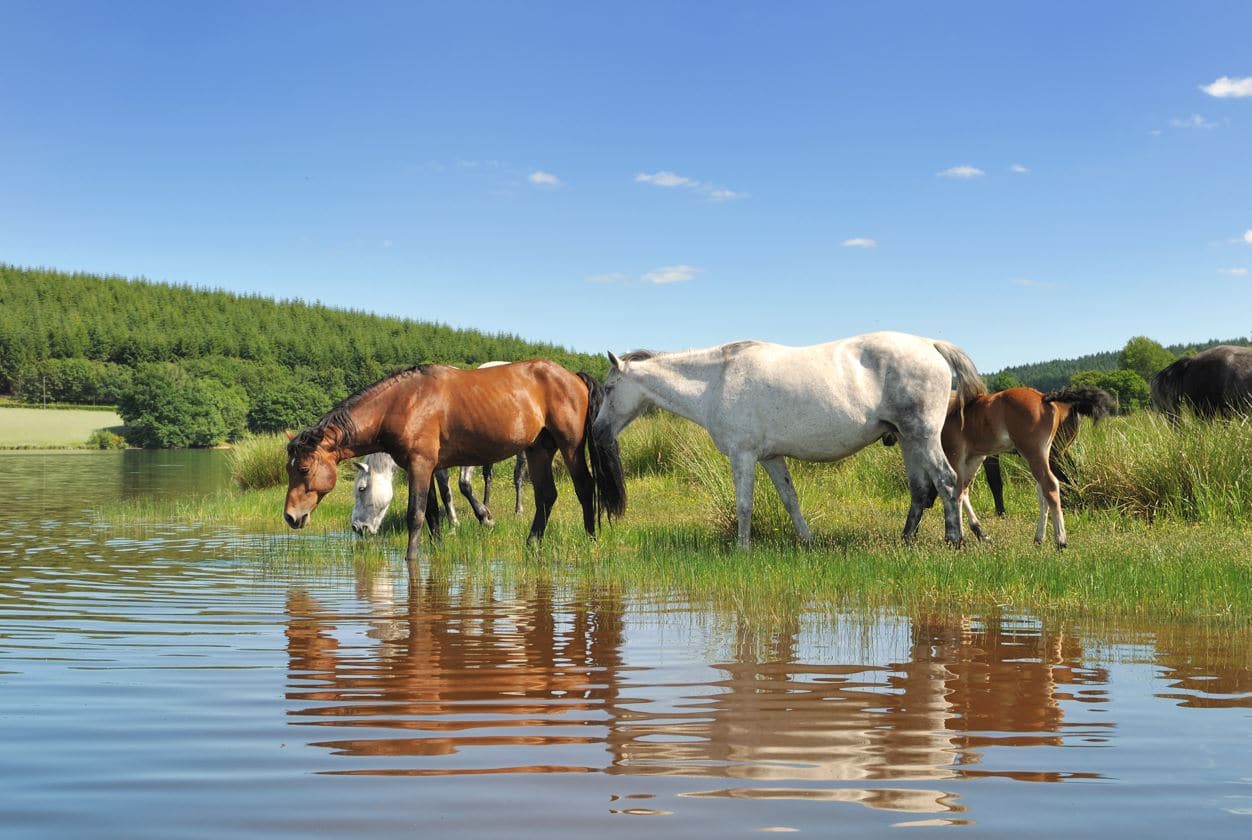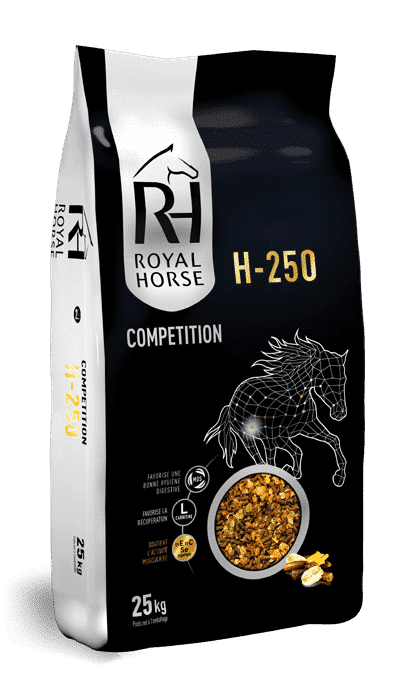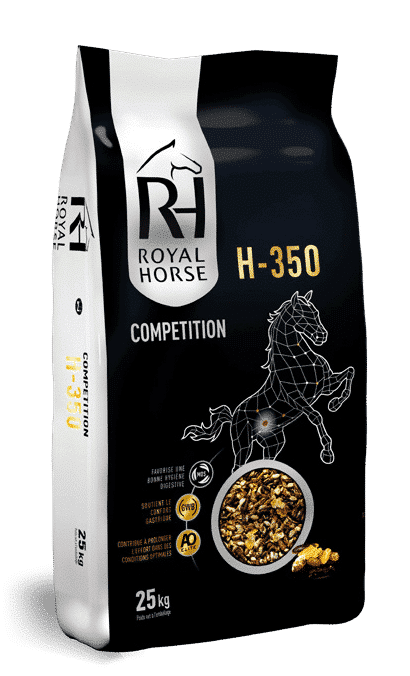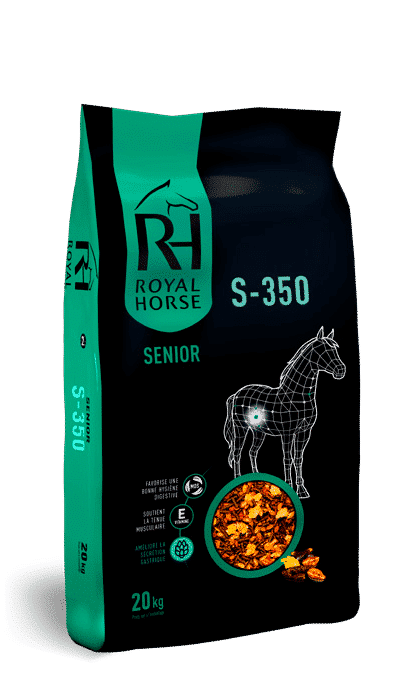A horse’s health must be monitored daily because it is a fragile animal. Here are the most common health concerns that can occur in your horse.
Digestive disorders
Colic is the first cause of death in horses. They are therefore very much feared by all equine owners. The symptoms of colic in horses vary depending on how they express pain. You can recognize colic in horses if you see them scratching the ground, looking at their flanks, getting into a sitting dog position, slapping their belly with their hindquarters or lying down for a long time. If the pain is severe, he may also start sweating.
Colic can originate in several places, such as the stomach, small intestine, cecum, colon or rectum. If you suspect colic in your horse, consult a veterinarian who will investigate the cause of the colic and administer the appropriate treatment. Colic is most often related to stress, sand ingestion, too much dry feed, parasitic infections or aerophagia (horses that cluck at the air).
Parasitic diseases
Parasites in horses can threaten their health. First, external parasites (e.g., flat flies, ticks or lice), whose bites are painful for the horse. Ticks can carry diseases such as piroplasmosis or Lyme disease. The symptoms of Lyme disease in horses are not clearly identified (moderate fever, intermittent lameness, stiffness, uveitis…). It is therefore quite difficult to diagnose. As for piroplasmosis, it causes a very high fever, weakness, dehydration, tachycardia, etc. In both cases, these diseases can remain dormant and reappear at different times during the life of the horse.
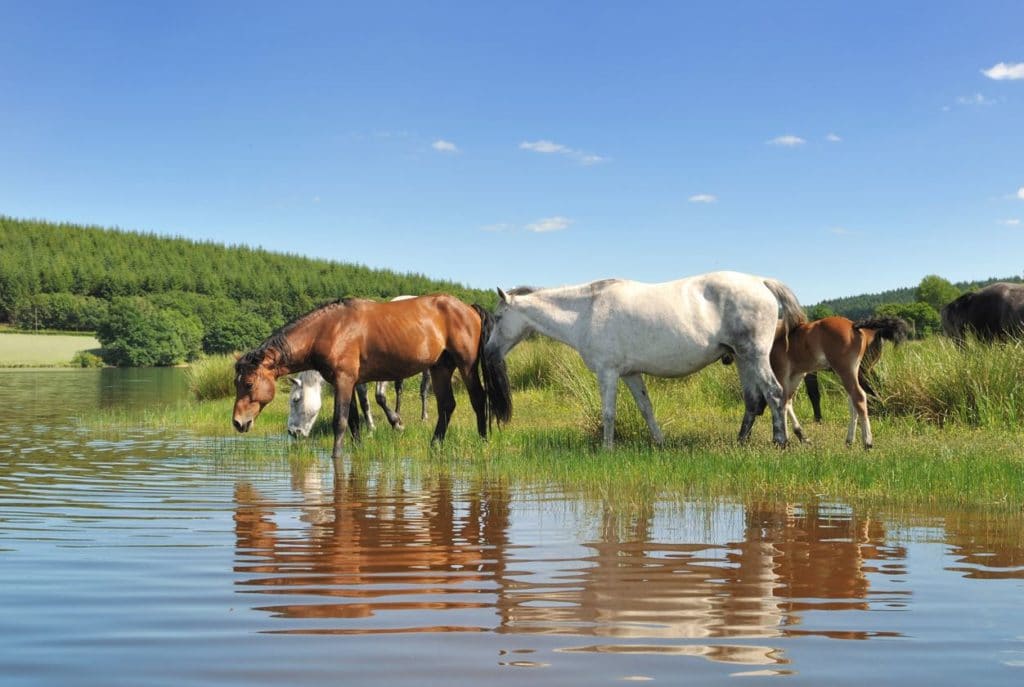
There are also digestive parasites, which can represent a real danger for the health of your horse. They can cause colic, diarrhea, gastric ulcers and weight loss. To avoid the risks, it is important to deworm your horse several times a year and to keep his health record up to date in order to anticipate the next deworming treatments or vaccinations to be given to him.
Respiratory diseases
Horses can be subject to respiratory problems. Flu, strangles, pneumonia, emphysema, they are for the most part diseases that your horse can contract following contact with a sick horse, or because of an environment conducive to the proliferation of these diseases.
Emphysema is a respiratory disease of the horse that extends from the trachea to the lungs. It is like asthma in humans. The main symptoms are a cough of varying severity, difficulty in expelling air, nasal secretions, intolerance to exertion and difficulty in recovering, etc. Emphysema is not curable, but certain treatments can improve the horse’s condition. Hay is often involved in the development of this disease, especially if it contains a lot of dust, mold or fungi.
Influenza, rhinopneumonitis and strangles have common symptoms: fever, cough, nasal discharge, loss of appetite, depression, etc. Influenza and rhino pneumonia are viral and can be prevented by vaccination. On the other hand, strangles are bacterial and often triggered by stress.
Orthopedic problems
Osteoarthritis of the horse is a pathology that affects many horses, regardless of their age. Racehorses and competition horses can be affected from an early age. To prevent it from becoming disabling, it is important to work your horse regularly to maintain the elasticity of the joints. Osteoarthritis problems in horses can affect the front and rear legs, fetlock, hock, knees, etc.
The horse can also be subject to foot problems, such as abscesses, laminitis, or problems with the footing. For this, the farrier can intervene and propose orthopedic shoes. They will correct the horse’s balance to relieve it.
Navicular problems in horses are also frequent. They affect the front legs and can have several origins. Often incurable, navicular lesions can lead to the premature retirement of a horse.
Dermatological problems
Skin problems in horses are quite common. Ringworm, for example, is a highly contagious fungal infection that often spreads in stables. It causes round patches of hair loss.
Sarcoid wart is another common dermatological disorder. It is manifested by the appearance of several growths under the horse’s skin.
Mud mange (dermatophilosis) often appears in winter because of the dampness of the ground. It causes cracks on the pasterns.
In summer, it is summer dermatitis that can bother your horse. It is an allergy to the saliva of certain midges. This will cause intense itching and hair loss.
Dental problems
Horses are born with a “tooth strain” that grows throughout their lives. It is therefore very important to take care of them. As adults, they should have regular dental checkups, just like humans, at least once a year. Teeth problems in horses are manifested by an inability to chew food properly. Food that has not been chewed sufficiently will not be digested properly. The daily ration will therefore lose its value. Sometimes a problem with your horse’s teeth can be noticed if you find “little balls of hay” in the barn. Horses chew hay in small balls to form a kind of padding between the jaws and cheeks to prevent injury, for example from irregular teeth. It is essential to arrange an annual check-up with your equine dentist.
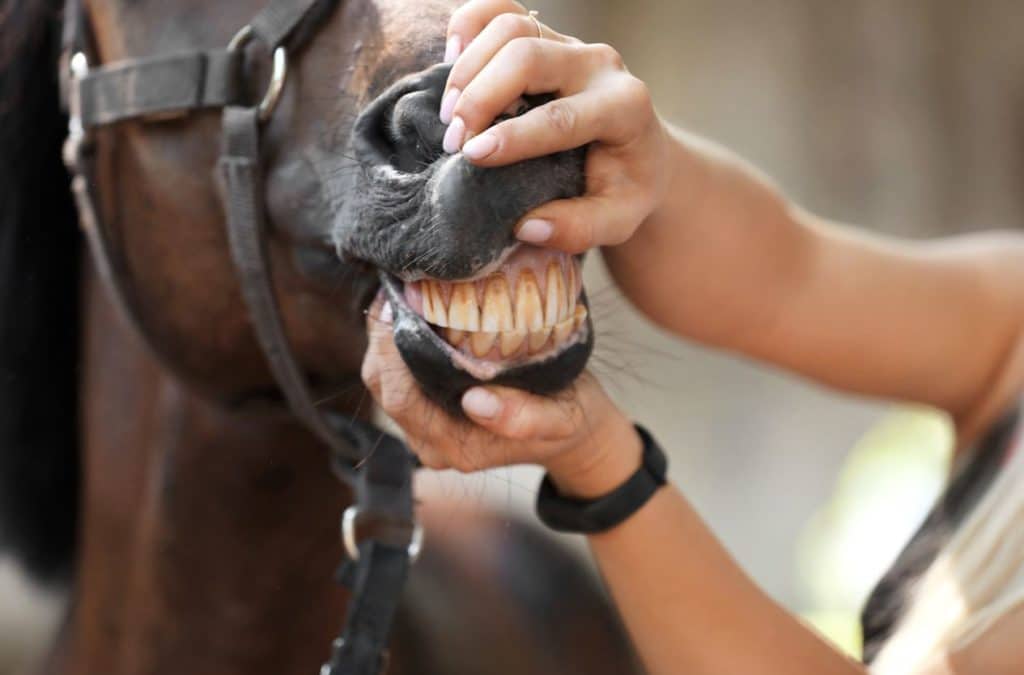
Gastric problems
Horses are very often prone to ulcers, which can have psychological (stress / work / growth) or dietary causes. The consumption of cereals should therefore be limited. Indeed, a high starch content favors the appearance of hyperacidity in the stomach due to the drop in ph. Different energy sources are available: starch + sugar / cellulose / vegetable fat. Eating grass hay (long fiber to encourage chewing) every day will help limit the development of gastric ulcers in your horse.
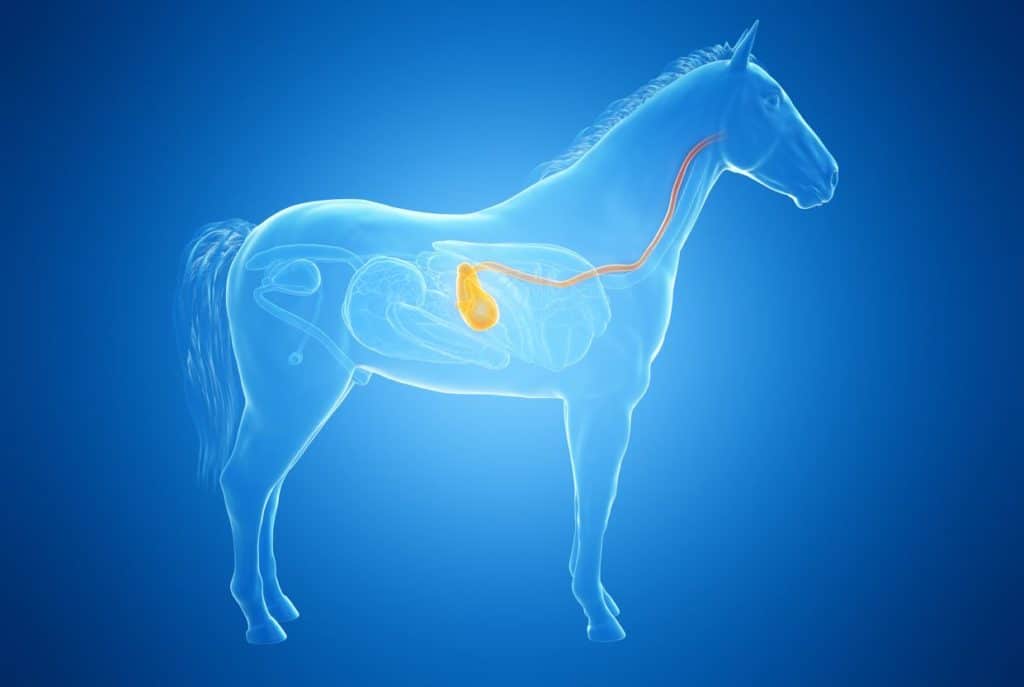
A change in lifestyle can also help reduce stress in a horse if it is not appropriate. ROYAL HORSE H 250, H 350 and S 350 (older horses) contain clays and sodium bicarbonate to help limit gastric problems.
To avoid excessive veterinary costs, you can take out health insurance for your horse. Like health insurance for humans, horse insurance offers different levels of premiums and reimbursement. They insure you against different health problems depending on the level chosen.
